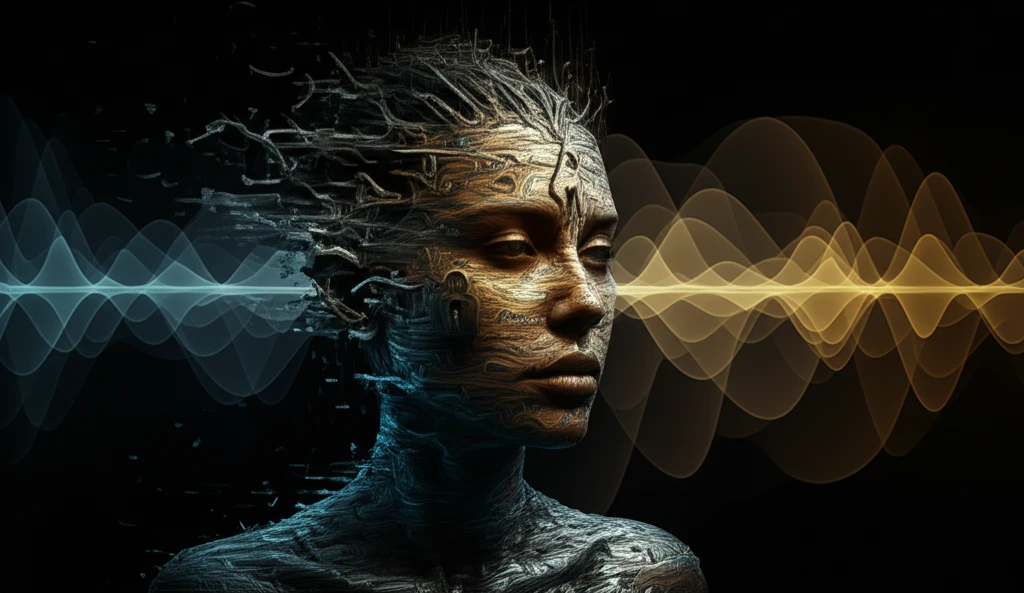
Decoding Voices: How AI is Revolutionizing Speaker Identification
"Unmasking Disguises: The Fusion of AI and Voice Biometrics in Modern Security"
Imagine a world where your voice is your password, granting you access to secure systems and sensitive information. Speaker identification, the process of recognizing individuals by their unique vocal characteristics, is rapidly evolving, thanks to advancements in artificial intelligence (AI). This technology holds immense potential, particularly in security-conscious environments where monitoring and authenticating individuals is crucial.
However, the challenge arises when individuals attempt to disguise their voices, intentionally altering their vocal patterns to evade detection. This is particularly relevant in scenarios involving fraud, crime, or unauthorized access. Traditional speaker identification systems often struggle with disguised speech, leading to decreased accuracy and reliability.
Fortunately, innovative AI-driven techniques are emerging to overcome these challenges. Multistyle training and fusion methods, as explored in recent research, are revolutionizing the field of speaker identification, enabling more robust and accurate recognition even when voices are intentionally altered. This article delves into these groundbreaking techniques and their implications for security, biometrics, and beyond.
The Challenge of Voice Disguise: Why Traditional Methods Fall Short

Traditional speaker identification systems typically rely on analyzing specific vocal characteristics, such as pitch, tone, and speech patterns. These systems are trained on recordings of individuals speaking in their normal, undisguised voices. However, when someone intentionally alters their voice, these characteristics can change dramatically, throwing off the system and leading to misidentification.
- Intentional alteration of pitch and tone
- Changes in speaking rate and rhythm
- Use of accents or dialects
- Mimicry of other voices
- Emotional state affecting vocal delivery
The Future of Voice Biometrics: Enhanced Security and Beyond
The advancements in multistyle training and fusion methods represent a significant leap forward in speaker identification technology. By enabling more accurate recognition of disguised voices, these techniques enhance security in various applications, from employee monitoring to fraud prevention. As AI continues to evolve, we can expect even more sophisticated methods to emerge, further strengthening the reliability and robustness of voice biometric systems.
